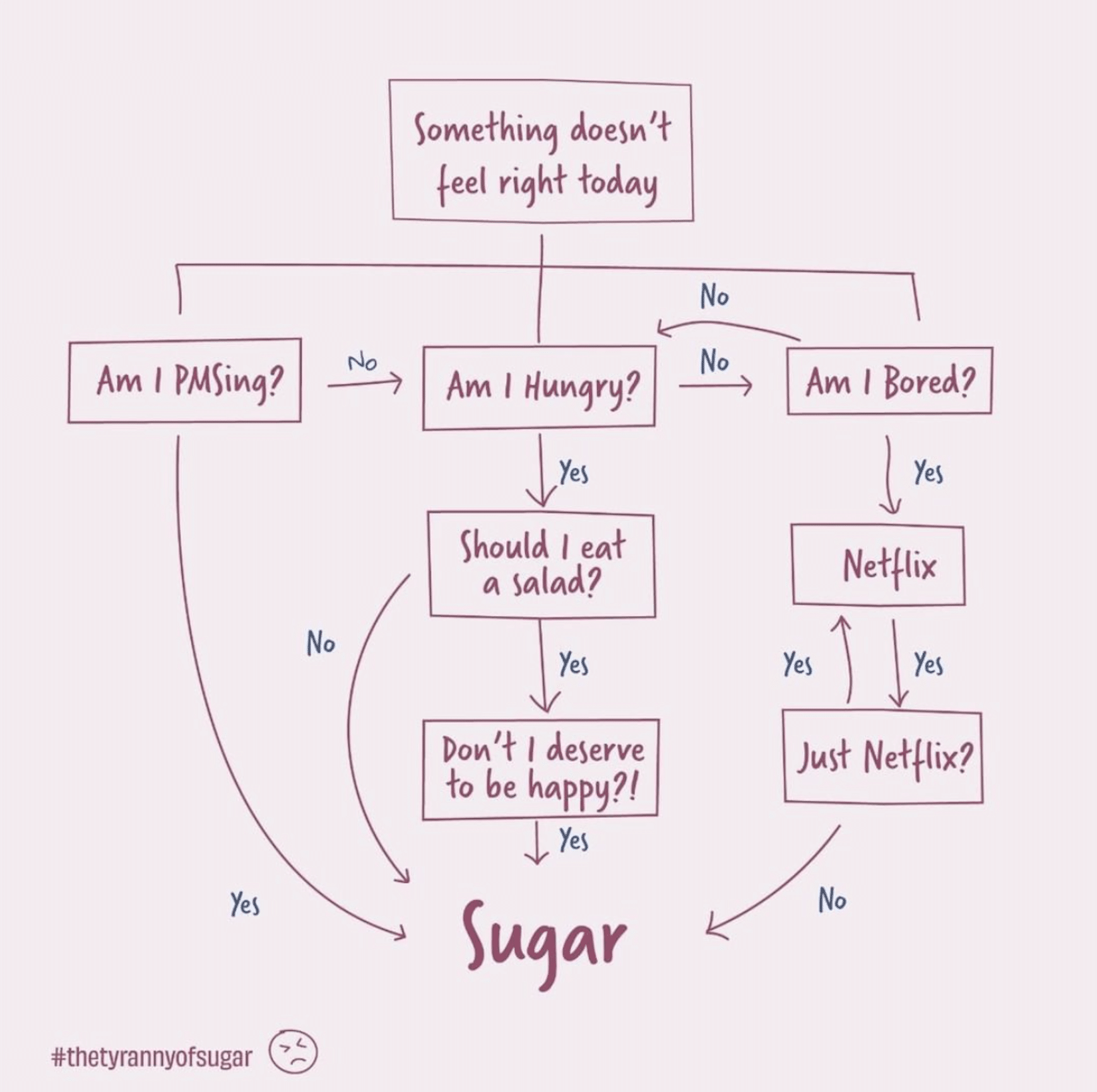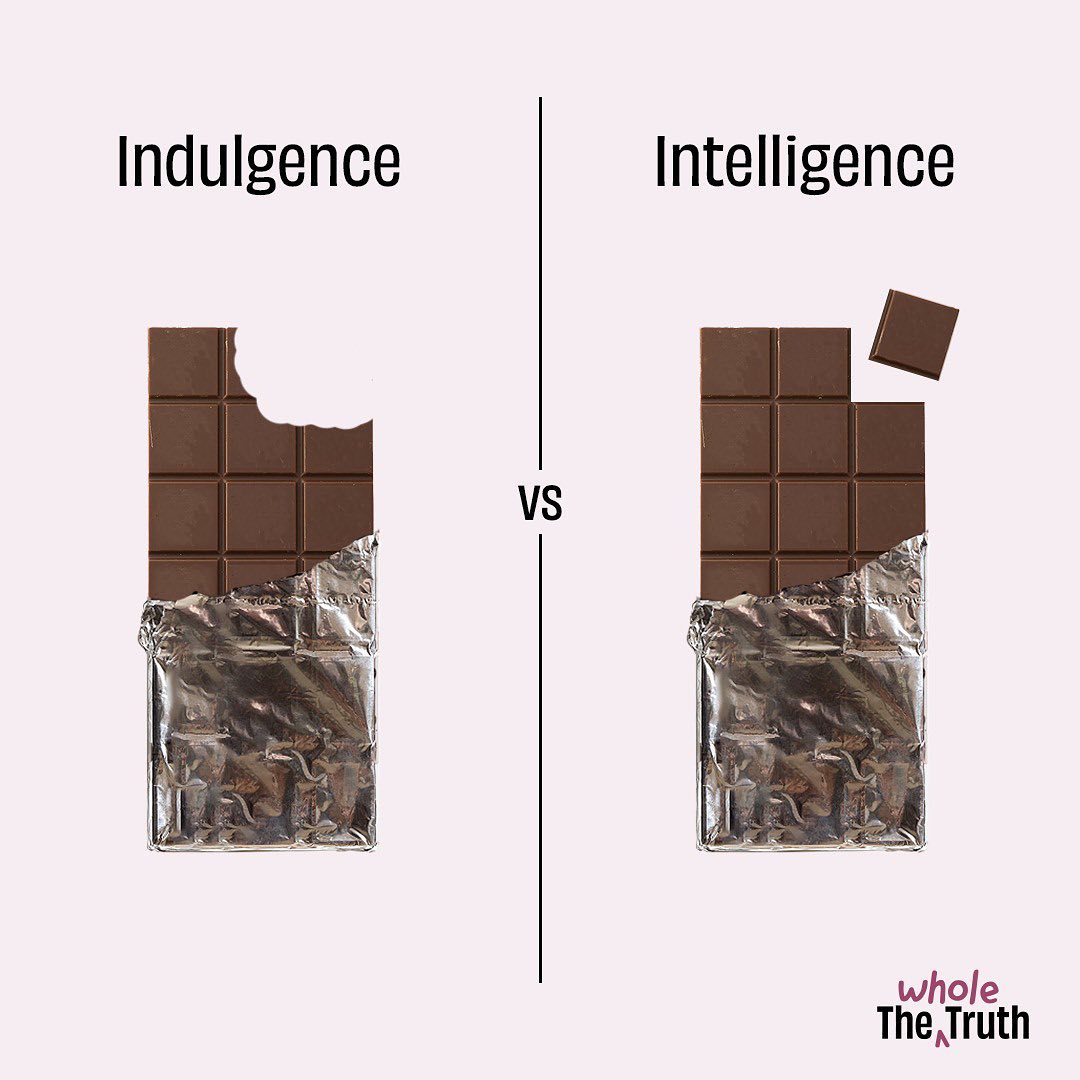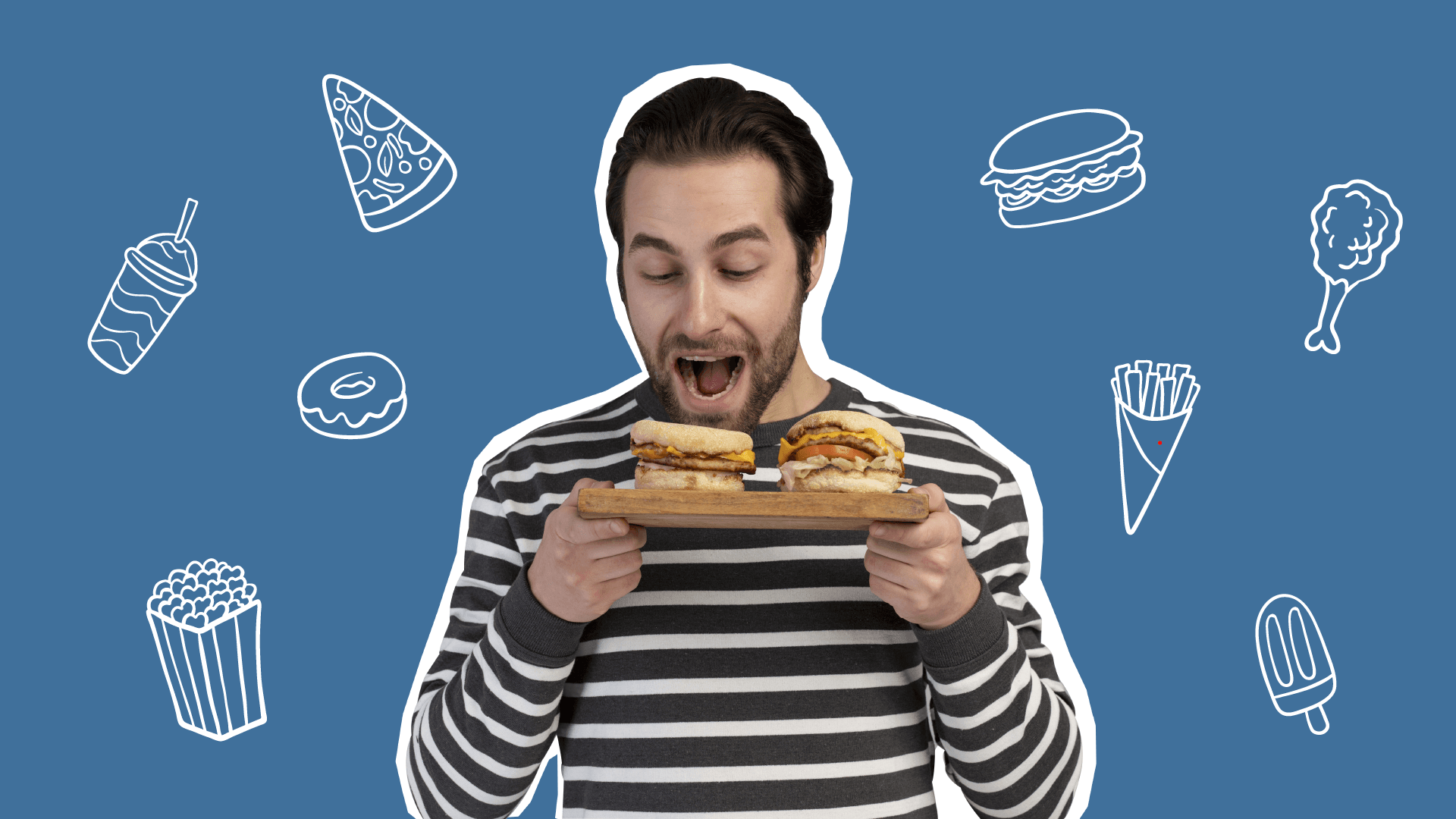Symptoms of food addiction and obsession
The most trustworthy source of food and
fitness journalism in the country.
We all have our days where we munch a little extra. Be it from the stress of working from home or general cravings. But when does this become an addiction? And how do we identify the symptoms of food addiction?
Like any other addiction it is almost impossible for people to resist, even if they want to. And like any other addict, it might be hard for us to admit that we indeed have a problem.
So, here are some telltale symptoms of food addiction:
1. Craving foods on a full stomach
Have you ever wanted to top your meal with a bag of chips? Or something crispy right after finishing a good, filling, nutritious meal?
This symptom of food addiction happens because of our brain’s need for dopamine. It is a chemical that our brain releases after any pleasurable experience like eating sugary and deep-fried foods . So even though your stomach is full, your tongue is asking your brain to reach for that extra bag of chips in the pantry.

2. Feeling guilty but still eating
That undying feeling of guilt and shame while munching on ice cream but doing it anyway. This is one of the most common symptoms of food addiction. Our rational brain understands the unnecessary indulgence but we can’t help but do it anyway.
3. Making excuses and giving in to cravings
“I’ll stop eating chips from Monday”. Have you ever said this and then found yourself eating your 4th bag of chips on Wednesday? Making excuses to give in to food cravings isn’t a lack of willpower but more a signal of how deep your food addiction is.

5. Eating till you can’t stuff yourself anymore
Eating till you can’t move or feel acidic and nauseous is a common symptom of food addiction. Especially if you are doing this more often and follow it up with over working out. This can be a signal of a deeper-rooted eating disorder.
6. Hiding and eating alone
When we hide from others and eat food, it’s because we feel ashamed to do it in front of them. Society judges and perceives individuals with a dependency on food in a certain way, which creates a big symptom.
Food addiction can be harmful not only to a person’s physical health but also to mental health.
If you read through these symptoms of food addiction and related, don’t worry. The first step to recovery is acceptance. Identify the foods and situations that cause your addiction and start noticing how they affect you.
In the next blog post, we’ll discuss some effective techniques to counter this food addiction. (It’s up now and you can check it out here)
Remember. All bad habits take a while to fade, so don’t be hard on yourself. Take account of what triggers your addiction and go forth.
You can also read our article on building habits here.
More power to you.
